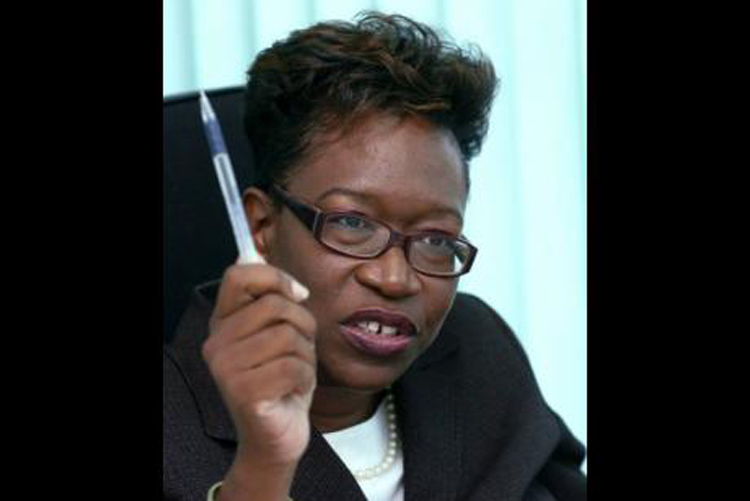(Jamaica Gleaner) Jamaica’s top prosecutor has defended the decision by one of her deputies to withdraw rape charges against a man who was allegedly linked through DNA evidence to a string of sexual attacks in Red Hill, St Andrew, in 2015.
Byron Tingling was initially placed before the court in 2017 on two counts of rape, illegal possession of firearm, four counts of robbery with aggravation, and one count of burglary.
But according to the Office of the Director of Public Prosecutions, that trial was aborted because of “administrative issues” after all but one of the 15 witnesses had given evidence.
Before the start of the second trial, prosecutor Adley Duncan agreed, after a plea negotiation with Tingling’s attorney, to withdraw the rape charges.
Tingling pleaded guilty to the remaining charges and was scheduled to be sentenced in the Supreme Court last Friday, but that has been postponed until next month.
Law-enforcement sources claimed that up to July 2015, Tingling was responsible for a string of break-ins and rapes in the Red Hills area. According to one source, his modus operandi was to don a pair of gloves, a balaclava that exposed only his eyes and lips, and “him nuh wear shoes”.
Investigators revealed that he turned over a DNA sample after he was held with a cell phone that was stolen from one of the homes.
Tests conducted by the Government Forensic Laboratory in September and October 2015 confirmed that “there was a 99.999 per cent chance” Tingling could not be excluded as the person whose semen was found on the underwear of two women, one source told The Gleaner in an exclusive interview two weeks ago.
Duncan, an acting deputy director of public prosecutions, explained that the decision to withdraw the rape charges was based on “sensitive information known to the Crown”.
INADEQUATE DNA TESTS
Paula Llewellyn, director of public prosecutions (DPP), acknowledged that the case against Tingling included DNA evidence he and his alleged victims gave investigators, but said tests indicated that they were “inadequate” to meet the requisite standard of proof beyond a reasonable doubt.
“So it would not have assisted the Crown’s case … because of the inconclusive nature of the mixed [DNA] profiles which were found,” Llewellyn explained.
But law-enforcement sources said Llewellyn was referring to a second set of tests that were conducted in 2017 because a new prosecutor had taken over the case and wanted a fresh DNA report.
By that time, according to one source, the forensic lab had indicated that the DNA samples provided by Tingling and his alleged victims had “broken down”.
“My understanding is that the storage conditions caused the potency to break down,” one source explained.
Llewellyn explained, too, that Duncan had to consider a number of factors at the time he negotiated the plea deal and admitted that she would have taken the same course.
Chief among the factors Duncan had to consider, she said, was a report which indicated that one of the alleged rape victims “was so traumatised by her ordeal that she would not be able to go through what would be a second trial”.
Llewellyn said, also, that with Tingling adamant that he wanted his day in court, her office anticipated that there would be “potential problems and challenges” with the identification evidence of the two alleged rape victims.
“Because according to the allegations, the accused, at the time of the [alleged] sexual assault, he had on a balaclava – a mask which only showed his two eyes and mouth – and this man was not known to them before,” she explained.
Llewellyn said one of the complainants indicated, in her witness statement, that “even if she was to hear his voice again, she would not be able to recognise it”.
“So, although these ladies suffered these awful crimes, in the circumstances and proximate to the other crimes, in the final analysis, in terms of what may happen in terms of sentencing, it will still, in our view, have the opportunity of serving the ends of justice,” she insisted.










